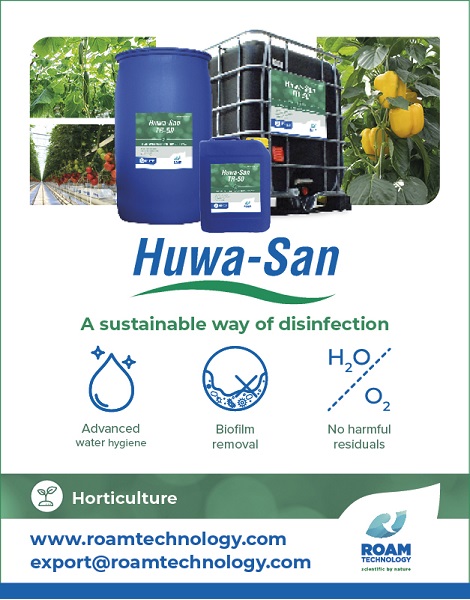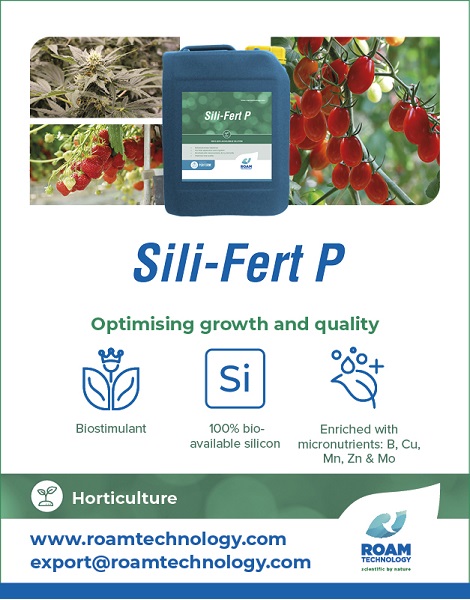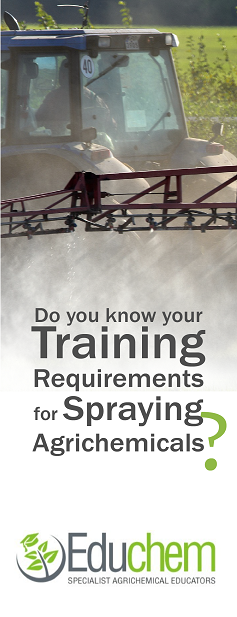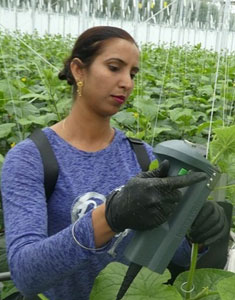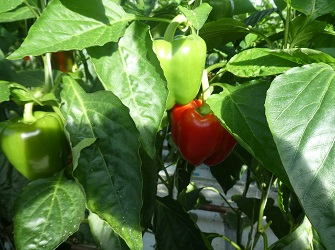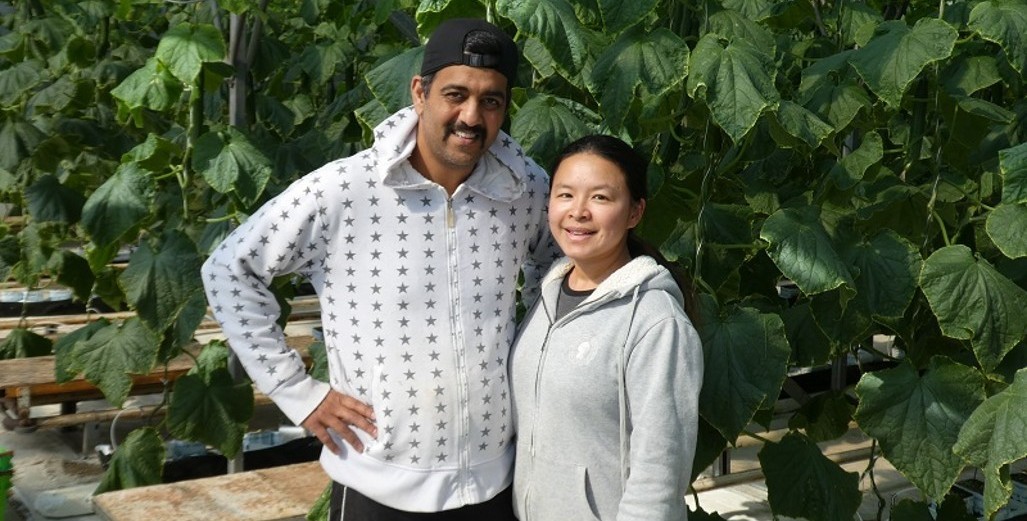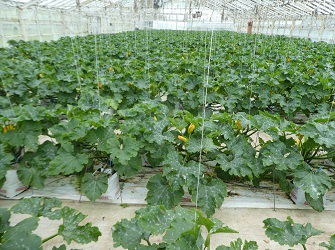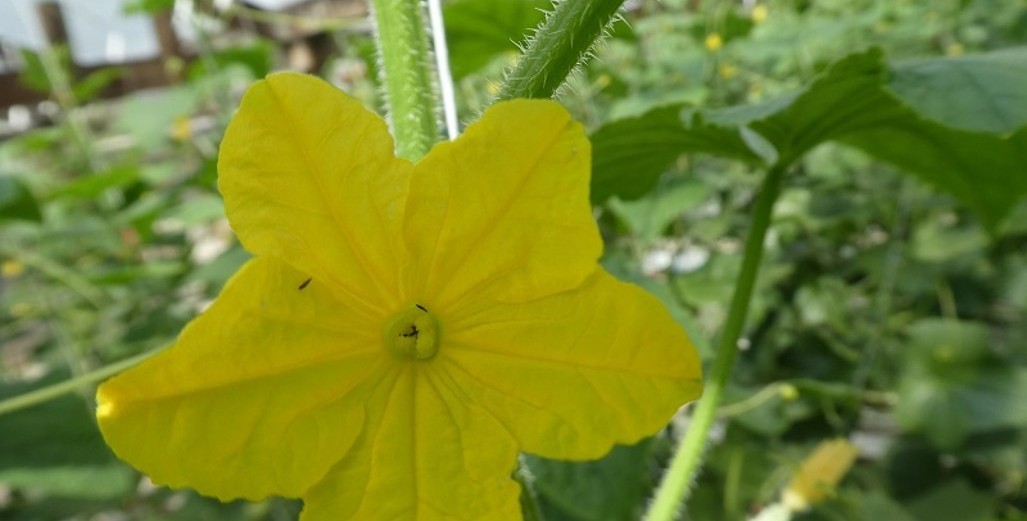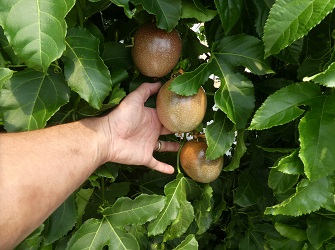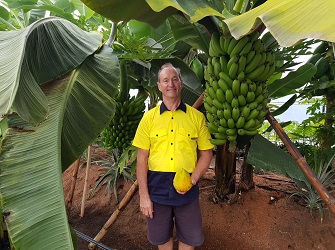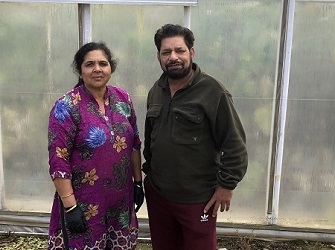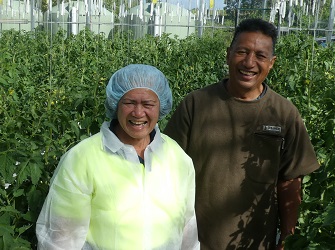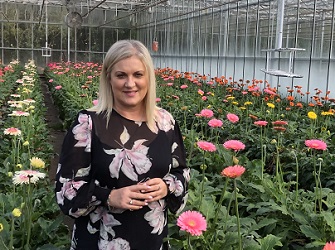Sign up here to subscribe to the Grower2grower Ezine. Every two weeks you will receive new articles, specific to the protected cropping industry, informing you of industry news and events straight to your inbox.
Sep 2023
Researchers recruit bacteria to prevent fungal diseases.

Plant fungal diseases can be devastating for horticulture and agriculture – in the worst cases, wiping out entire crops.
But Lincoln Agritech scientists believe that altering the bacteria associated with disease-causing fungi will lead to new strategies to protect crops.
They have just won a $1m contract from the Ministry of Business, Innovation & Employment (MBIE) to develop attenuated (weakened) variants of disease-causing fungi that can be used to prime plants and protect against fungal diseases.
“In previous research, we found that the bacteria associated with a fungus affect its ability to cause disease,” says Dr Jin-Hua Li.
“Our novel approach will make fungi unable to cause disease by changing the bacteria that are associated with the fungi.”
Working with scientists from Scion, Utrecht University in the Netherlands, and the Foundation for Arable Research, Lincoln Agritech scientists will test the concept on brassica plants (a genus of plants that includes cabbage, cauliflower, and broccoli).
“We will test these attenuated variants on brassica plants, such as broccoli and cabbage,” says Dr Li. “We will coat seeds with the altered fungus, then try to infect the seedlings with the original fungus to see whether our new products have protected the plant from infection.”
Once the concept has been proven in brassica plants, it will be applied to cereal crops, and could potentially be used on several horticultural crops.
This new approach to protection will not only help New Zealand’s horticulture and agriculture industries, but it also provides an exciting new export opportunity.
“The global agrochemical industry is pivoting to develop new biological alternatives in response to urgent global demands for reduced chemical use,” says Dr Li. “For example, EU regulations are demanding a 50% reduction in chemical pesticide use by 2030.
“Our novel biotechnology will help exporters meet the growing market demand for non-chemical disease control. It will also enable the production of targeted next-generation bioprotectants that will propel New Zealand toward global leadership in sustainable agriculture.”
The research programme will run for two years.

For further information contact:
Dr Simon Kelly
Biotechnology Senior Scientist & Team Leader
Lincoln Agritech
P: (03) 325 3728
E: simon.kelly@lincolnagritech.co.nz
or
Dr Jin-Hua Li (image right)
Research Scientist
Lincoln Agritech
P: (03)3 325 3747
E: jin-hua.li@lincolnagritech.co.nz

A: P O Box 69133, Lincoln, Canterbury 7640, New Zealand.
CLASSIFIED
Photo
Gallery
Subscribe to our E-Zine
More
From This Category

Horticentre Charitable Trust Continues as Exclusive Sponsor of Grower2Grower
Governance and Board Training

Aussie growers band together to boost the whole berry basket
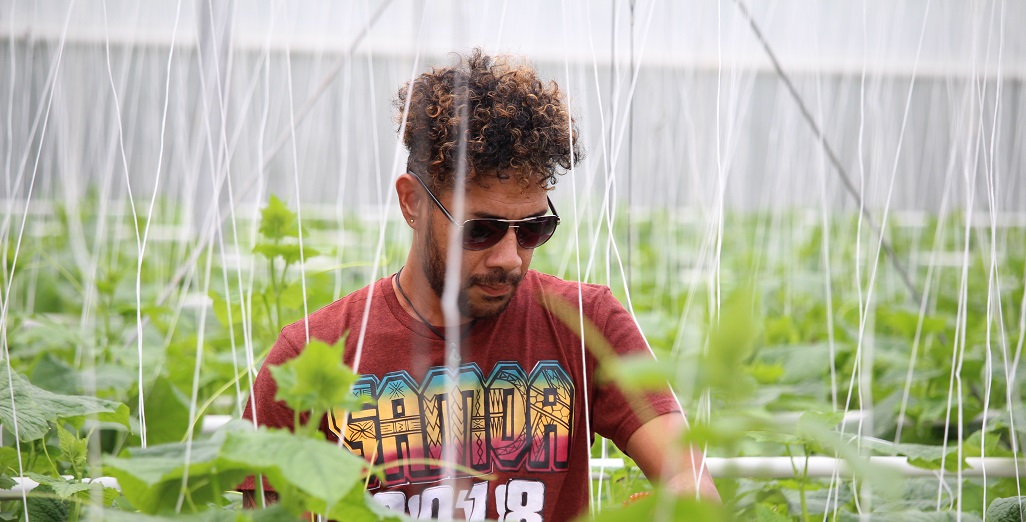
New training programmes for indoor crop production

Taking Fruit Production to the next level







